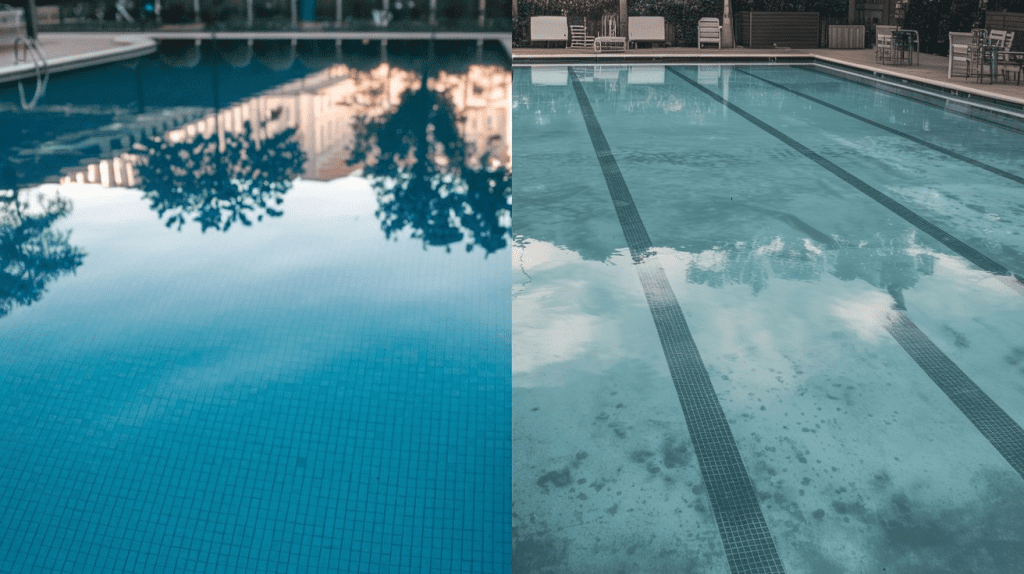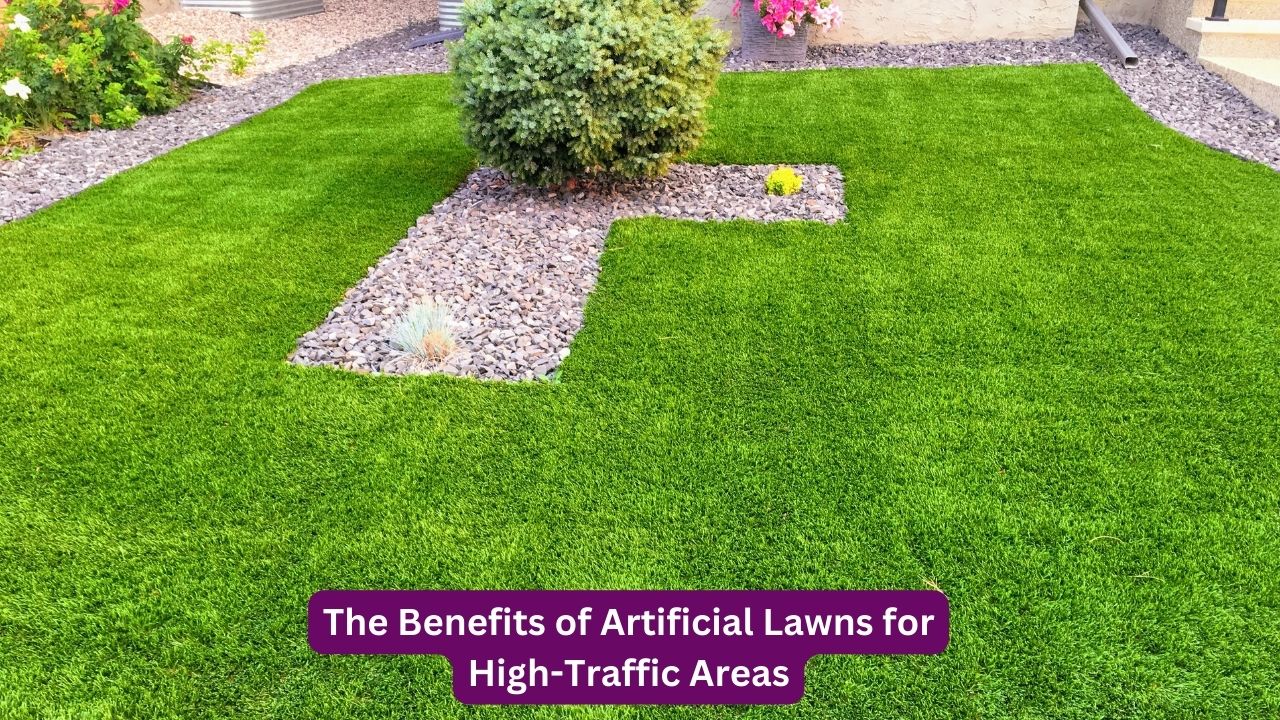Australia is known for its beautiful climate, which makes backyard swimming pools a popular feature in many homes. However, owning a pool comes with its share of responsibilities. Without regular maintenance, pools can quickly become breeding grounds for harmful algae and debris, posing health risks for swimmers. In this post, we’ll explore why using a pool cleaner is essential for maintaining a healthy swimming environment and how removing algae and debris contributes to safe, enjoyable swimming.
Contents
- 1 The Health Risks of Swimming in an Unclean Pool
- 2 Why Algae and Debris Are Common Issues in Australian Pools
- 3 How Pool Cleaners Help Maintain Pool Health
- 4 Key Features to Look for in the Best Pool Cleaner for Australian Pools
- 5 Types of Pool Cleaners Available in Australia
- 6 Tips for Using Your Pool Cleaner Effectively
- 7 Conclusion
The Health Risks of Swimming in an Unclean Pool
A clean pool isn’t just about aesthetics; it’s about health. Pools that aren’t properly maintained can harbor harmful bacteria, algae, and debris, all of which can lead to various health issues. Algae, for instance, can cause skin rashes and infections, while bacteria like E. coli can lead to gastrointestinal problems if accidentally ingested. Respiratory issues can also arise when swimmers are exposed to chloramines—a byproduct of chlorine that forms when it reacts with organic materials like sweat, sunscreen, and urine in unclean water.
In addition to bacteria, debris such as leaves, twigs, and dirt can make swimming unpleasant and even dangerous. Debris can clog your pool’s filtration system, reducing its efficiency and potentially causing damage over time. By using the best pool cleaner for your pool, you can significantly reduce these risks and maintain a healthier environment.
Why Algae and Debris Are Common Issues in Australian Pools
Australia’s unique climate plays a major role in the growth of algae and the accumulation of debris in pools. High temperatures, abundant sunshine, and wind mean that pools can quickly become home to all sorts of unwanted elements. Wind can blow leaves, dust, and dirt into pools, particularly in areas surrounded by trees and foliage. In fact, the outdoor environment in Australia is a significant factor when it comes to pool maintenance.
Sunlight and warm water provide the perfect conditions for algae to thrive. Algae blooms can happen rapidly, especially if the pool water isn’t regularly treated and cleaned. Algae not only makes the pool water cloudy and unappealing, but it can also lead to slippery surfaces, which can be a safety hazard for swimmers. Using a pool cleaner regularly is an effective way to combat algae growth and maintain water clarity.
How Pool Cleaners Help Maintain Pool Health
Pool cleaners play a crucial role in maintaining pool health by efficiently removing algae and debris. They come in various types, each offering unique benefits:
- Automated Cleaning: Robotic and automatic pool cleaners can operate independently, allowing for consistent cleaning without manual effort. By running these cleaners on a regular schedule, you can ensure that debris doesn’t have a chance to accumulate, which helps prevent algae from taking hold.
- Efficient Filtration: Pool cleaners work in conjunction with the pool’s filtration system to remove small particles that can’t be captured by regular filters. This dual cleaning process maintains water clarity and reduces the chances of bacteria and algae growth.
- Cost and Time Savings: While pool cleaners require an initial investment, they can save time and money in the long run. Regular cleaning reduces the need for expensive chemical treatments and lowers the risk of costly repairs due to clogged filters or damaged equipment.
By using a pool cleaner, you’re not only simplifying pool maintenance but also ensuring that the water remains safe and healthy for swimmers.
Key Features to Look for in the Best Pool Cleaner for Australian Pools
When choosing the best pool cleaner for your pool, it’s essential to consider the specific features that will help you tackle the challenges presented by the Australian climate:
- Algae Removal Capabilities: Not all pool cleaners are designed to effectively remove algae. Look for models that have brushes or scrubbing features specifically meant for breaking down and removing algae from pool surfaces.
- Debris Handling: In Australia, outdoor pools are often exposed to large amounts of debris, such as leaves, sand, and twigs. Choose a cleaner that can handle larger debris without clogging or slowing down.
- Energy Efficiency: Given Australia’s climate, many pools are used throughout the year. Opting for an energy-efficient cleaner will help you save on electricity costs while maintaining your pool’s cleanliness.
- Adaptability to Pool Types: Different pool surfaces, such as fiberglass, concrete, and vinyl, require different types of cleaning. Ensure that the cleaner you select is compatible with your pool’s surface to avoid damage and maximize efficiency.
Types of Pool Cleaners Available in Australia
Understanding the different types of pool cleaners can help you make an informed choice:
- Robotic Pool Cleaners: These are the most advanced cleaners, known for their autonomous features and powerful cleaning capabilities. They are ideal for removing algae and debris, and they operate independently from the pool’s filtration system. They’re also highly effective at reaching tight corners and navigating complex pool shapes.
- Suction-Side Cleaners: Suction-side cleaners connect to the pool’s filtration system and use the pool’s pump to create suction, allowing them to clean floors and walls. These are a great option for pools with light debris and minimal algae issues.
- Pressure-Side Cleaners: Pressure-side cleaners use the water pressure from the pool’s pump to move around and collect debris. They’re highly effective for large debris and are well-suited for outdoor pools, which are common in Australia.
Tips for Using Your Pool Cleaner Effectively
To get the most out of your pool cleaner, consider these tips:
- Run the Cleaner Regularly: Regular use prevents algae buildup and keeps the pool inviting. During warmer months, it may be necessary to clean more frequently to manage increased algae growth.
- Clean the Cleaner: After each use, check and clean the pool cleaner to ensure it remains in good working condition. Empty debris bags or baskets and rinse brushes to prevent clogging.
- Replace Parts as Needed: Pool cleaners have parts that can wear out over time, such as brushes, filters, and hoses. Regularly inspect and replace these parts to maintain optimal performance.
Conclusion
A clean pool is a healthy pool, and using the best pool cleaner can make all the difference. By regularly removing algae and debris, you’ll create a safe and enjoyable swimming environment for everyone. While the Australian climate presents unique challenges, the right pool cleaner can help you maintain a sparkling clean pool year-round. Take the time to choose a cleaner that meets your needs, and enjoy the benefits of a healthier, hassle-free swimming experience




